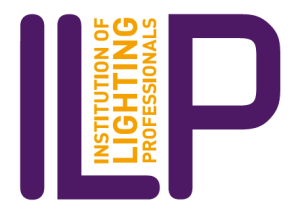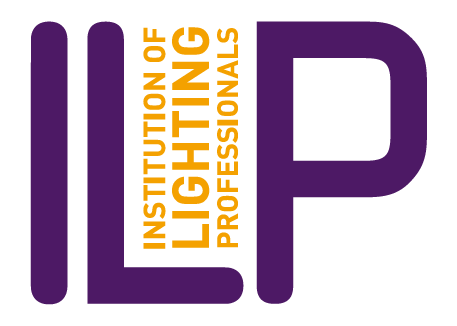The Engineering Council has updated its Guidance on Whistleblowing for engineers and technicians.
The guidance, which is available on the council’s website, is designed for all engineering professionals who have concerns about wrongdoing, risk or malpractice affecting others, the council said.
Whistleblowing, the council has emphasised, is an integral part of professional responsibility in engineering.
It is essential for all engineers and technicians recognise, assess, understand, and appropriately act on concerns related to unethical or unsafe practices.
It is also crucial to be able to raise concerns openly and effectively, while feeling protected for doing so.
“The updated guidance outlines the options and obligations engineering professionals should consider when raising a concern and where they can get advice,” the council said.
It has also made clear that concerns need not be limited to technical and engineering issues alone. They can include financial and ethical issues and workplace conduct, for example bullying, harassment and discrimination in any form, which is unacceptable and should be challenged.
Paul Bailey, CEO of the Engineering Council, said: “The updated Guidance on Whistleblowing for engineers and technicians reflects our commitment to supporting all engineers and technicians in upholding the highest standards of professional integrity. When concerns arise about wrongdoing, risk, or malpractice, it is vital that individuals feel informed, supported, and empowered to act.
“This guidance sets out the issues to consider, the available options, and the professional responsibilities involved – helping the engineering community to navigate difficult situations in an informed manner and in the public interest.”
The guidance can be found on the Engineering Council website at:
https://www.engc.org.uk/resources-and-guidance/guidance-for-the-profession/whistleblowing
Image: Shutterstock



